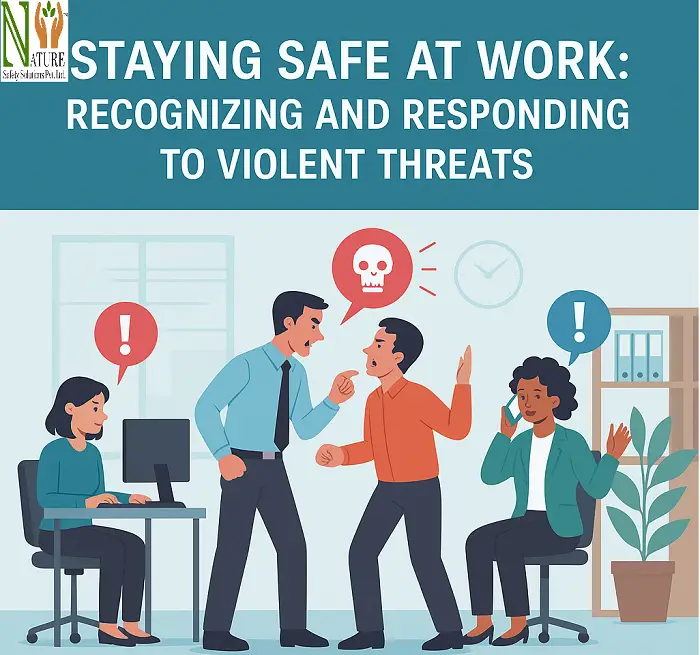Workplace violence is increasingly an issue in all fields and occupations, ranging from simple verbal abuse and threats, to physical assaults and, in the most severe cases, fatalities.
Regardless of the source – commonly from internal issues, angry employees, or an outside entity – workplace violence impacts operations, colleague morale, and causes significant psychological and physical harm. Prevention and response efforts to stay safe in the workplace begins with awareness, appropriate training, and a proactive process.

What is Workplace Violence?
Workplace violence is defined as any act or threatened act of physical violence, harassment, intimidation, or other threatening disruptive behavior that occurs at the work site. It can affect and involve employees, clients, customers, and visitors. Examples of workplace violence are:
- Verbal threats or abuse
- Intimidation or harassment
- Physical assault
- Property damage
- Homicide
Warning Signs to Look Out For
It is important to be able to identify early warning signs of potential violence in order to prevent it from happening. Some warning signs to look for are:
- Drastic changes in behavior or mood
- Heightened aggression or hostility
- Frequent fights or arguments with coworkers or peers
- Showing an unusual interest or fascination with weapons, or past violent events
- Isolation or withdrawal from others
- Making threats or threatening gestures
Preventive Measures
- Develop a Zero-Tolerance Policy: Develop, communicate, and enforce a clear protocol against all forms of workplace violence.
- Encourage Open Communication: Assure employees they can report threats or uncomfortable incidents without fear of retribution.
- Conduct Background Checks: Carefully evaluate all new hires for past violent behavior and other red flags.
- Train Employees: Provide education about de-escalation methods, peaceful conflict resolution, and reporting violent behavior.
- Make the Workplace Safe: Incorporate a variety of security mechanisms such as camera surveillance, access controls, and emergency alarms.
Response and Recovery
In the case of workplace violence:
- Take Action Right Away: Keep all employees safe by moving them away from danger.
- Call Authorities: Be sure to call your local police or emergency providers.
- Help Employees Who May Be Affected: Allow access to counseling or to mental health services, if available.
- Review and Update Safety Plans: Upon completion of the event, hold a review to learn what took place, and how to activate their persons for their safety in a similar situation in the future.
Read also:-
